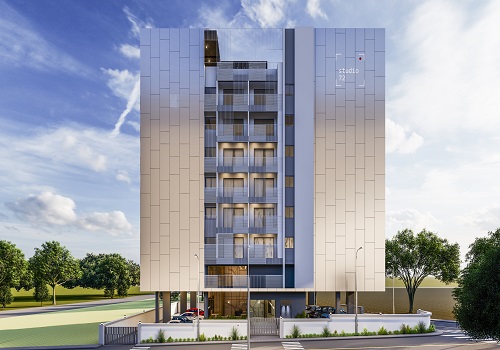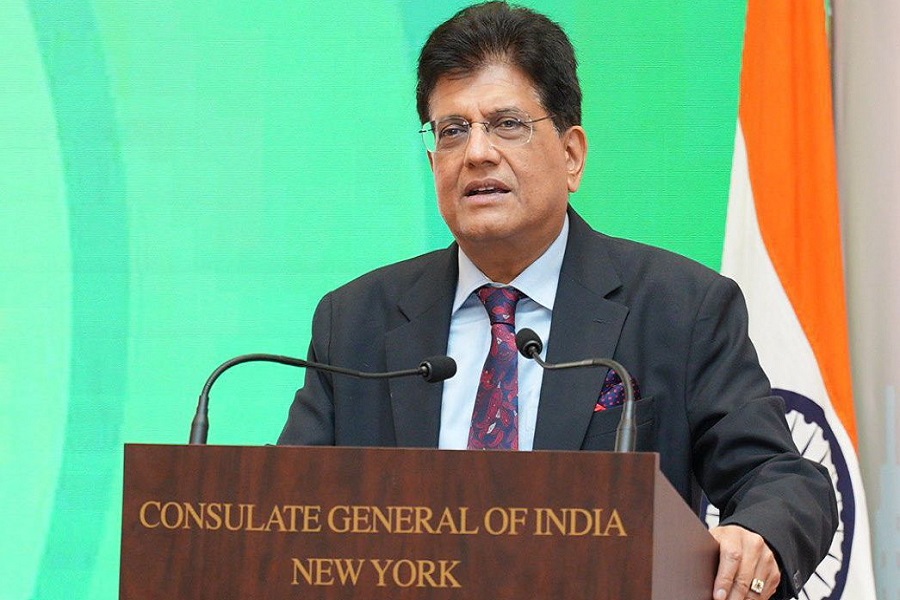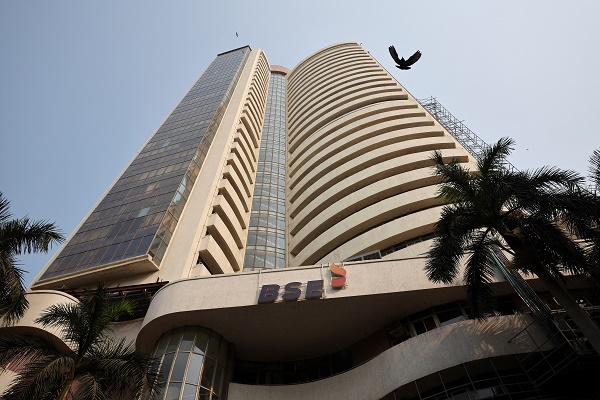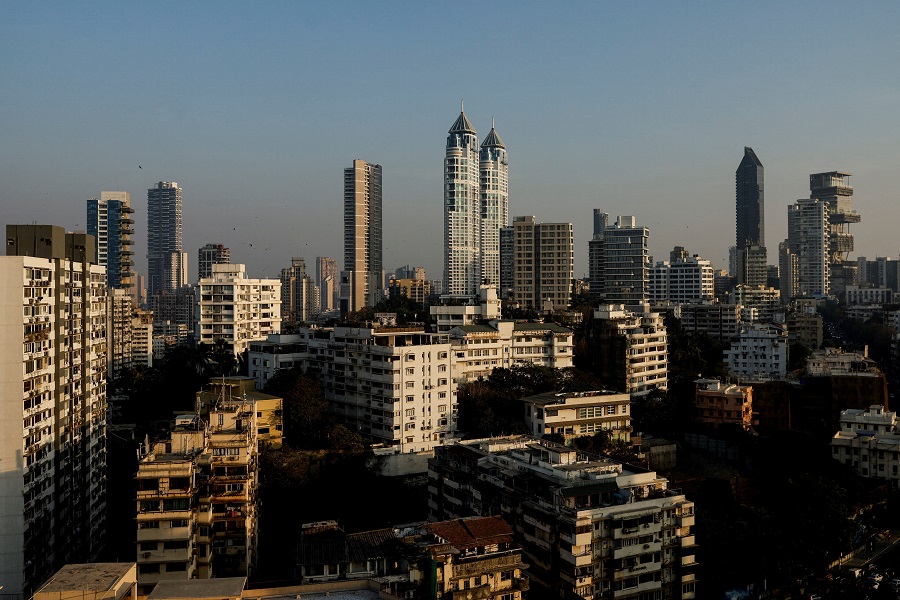The Future of Real Estate: Key Changes to Expect in 2025

As we look ahead to 2025, the real estate sector is entering a phase of significant transformation. Various factors, including changing consumer preferences, government initiatives, and technological advancements, are reshaping the way real estate operates in India. While the industry continues to recover from the effects of the COVID-19 pandemic, it is set to face new challenges and opportunities in the year ahead.
Key Shifts to Expect
-
Rise of Hybrid Workspaces and Co-Working Solutions: The pandemic has caused a permanent shift in how businesses approach office spaces. While large, traditional office spaces in prime locations will continue to exist, there is growing demand for flexible and co-working spaces. Companies are now prioritizing hybrid work models, which require more agile office environments that can accommodate employees working on-site part-time. This trend is expected to grow in 2025, with increased demand for office buildings that offer shared services, scalable spaces, and community features.
-
Growth of the Rental Market: With homeownership becoming increasingly expensive for many, the rental market is expected to grow significantly. Both residential and commercial rental spaces will experience a surge in demand, particularly in urban centers. This trend is being driven by millennials and Gen Z professionals who prefer flexibility over long-term commitments, as well as by businesses seeking cost-effective office solutions.
-
Smart Homes and Tech-Driven Real Estate: The integration of smart home technologies is gaining momentum in India. From voice-controlled lighting and temperature adjustments to security systems and energy management tools, smart homes are becoming more accessible to the Indian middle class. As the Internet of Things (IoT) becomes more affordable, expect to see a rise in demand for tech-enabled properties that offer enhanced convenience, security, and energy efficiency.
-
Increased Focus on Wellness-Oriented Properties: As health and wellness gain prominence, particularly post-pandemic, there is a growing demand for properties that prioritize residents’ well-being. Features like fitness centers, yoga rooms, air purification systems, and ample green spaces will become more common in both residential and commercial projects. Developers will increasingly market properties as wellness-centric, recognizing the value of offering a healthy living environment to consumers.
-
Urban Sprawl and Growth of Tier-2 and Tier-3 Cities: While metros like Delhi, Mumbai, and Bengaluru continue to dominate the real estate market, there is an increasing shift towards smaller cities and suburban areas. As remote work becomes more prevalent, urban sprawl is expected to expand into Tier-2 and Tier-3 cities, where real estate prices are more affordable. These cities will become attractive destinations for both homebuyers and businesses, as the cost of living and doing business is lower than in major urban centers.
-
Government Initiatives and Policy Changes: The government’s ongoing support for affordable housing and reforms aimed at improving the ease of doing business in the sector are expected to continue. The introduction of new policies and incentives, such as reduced stamp duties and tax exemptions, will encourage both developers and buyers to engage in the market. The government is also likely to focus on simplifying approval processes, making it easier for real estate projects to be completed on time.
The Impact of Changing Demographics
India’s young population is another critical factor driving the changes in the real estate sector. Millennials and Gen Z individuals are expected to dominate the housing market in 2025, with preferences for smaller, well-located properties that offer good connectivity, amenities, and modern conveniences. Real estate developers will increasingly tailor their projects to suit the evolving needs and lifestyle preferences of these younger buyers.
Conclusion
The Indian real estate sector is on the cusp of a major transformation in 2025. With advancements in technology, changing work environments, and a growing focus on wellness, the industry is adapting to meet the new demands of consumers. As Tier-2 and Tier-3 cities become increasingly attractive, and as hybrid workspaces and rental markets expand, the real estate sector’s future looks promising. However, to succeed, developers will need to stay ahead of these trends and continuously innovate to offer value to both buyers and investors.






















